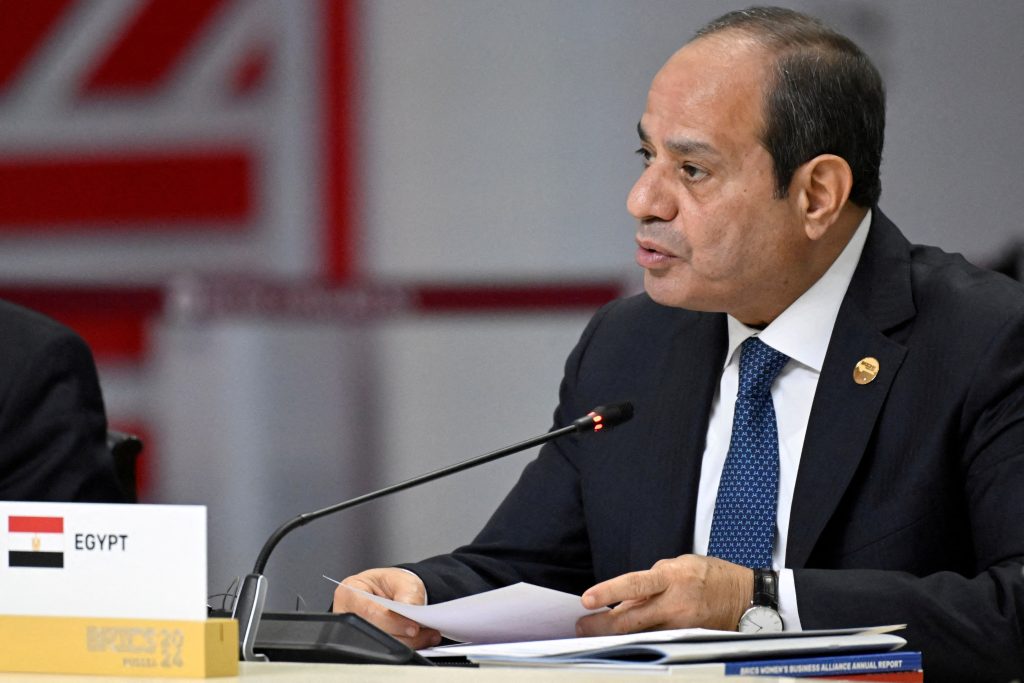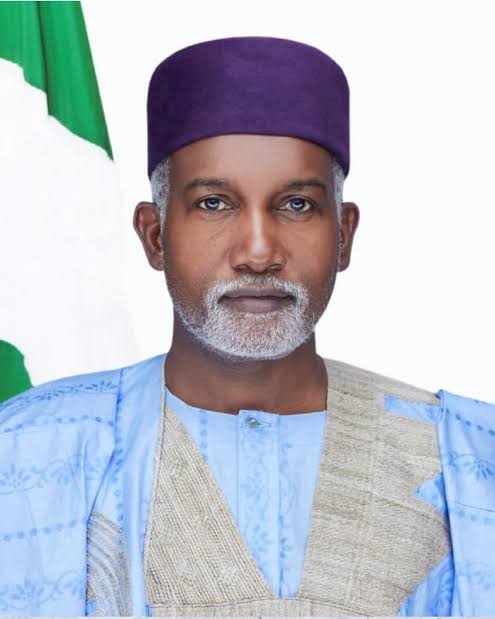By [ Olusegun Ogunkayode–Rovround tv]
In a dramatic turn of events, Egyptian President, Abdel Fatah El-Sisi, has pardoned Alaa Abdel Fattah, one of the country’s most high profile political prisoners and a symbol of the 2011 Arab Spring uprising that once promised a new era of freedom across the Middle East.
The 43 year old British-Egyptian activist and computer programmer, who emerged as a powerful voice for democracy during the protests that toppled longtime ruler, Hosni Mubarak, had spent nearly all of the past 12 years behind bars. His detention became an emblem of Egypt’s unrelenting crackdown on dissent since Sisi rose to power in 2013.
“This is a moment of relief not only for Alaa’s family but for all who believe in freedom and dignity in Egypt,” said Mona Seif, Abdel Fattah’s sister, who has campaigned tirelessly for his release. “But we must not forget the thousands who remain unjustly imprisoned.
“Abdel Fattah’s case resonated far beyond Egypt’s borders. Human rights groups, British lawmakers, and international activists had consistently pressured Cairo to free him, citing his deteriorating health and the injustices of his repeated detentions. Amnesty International once described him as “a symbol of resistance and resilience under Egypt’s repressive system.”
Sisi’s decision comes at a politically sensitive moment. With Egypt’s economy under strain and Western allies urging greater respect for human rights, analysts say the pardon could be an attempt to soften Cairo’s international image.
“By releasing Abdel Fattah, the government is sending a signal, but it remains to be seen whether this marks a real change in policy or just a symbolic gesture,” said Hossam Bahgat, director of the Egyptian Initiative for Personal Rights.
He was first rose to prominence during the 2011 uprising, when his writings and activism inspired a generation demanding democratic reform. But following years of instability, including the brief presidency of the Muslim Brotherhood’s Mohamed Morsi, Sisi, then Defense Minister who seized power in a military takeover. Since then, tens of thousands of political opponents, activists, and journalists have been jailed.
The pardon has been met with jubilation amongst Abdel Fattah’s supporters, but also with caution. Many warn that one release does not erase a broader pattern of authoritarian control.
As Abdel Fattah steps out of prison, questions linger over his future, whether he will be allowed to resume political activity or whether continued surveillance and restrictions will silence his voice.
For now, his release marks a rare victory in Egypt’s human rights struggle and a moment of hope in a country where dissent has long come at the highest cost.



